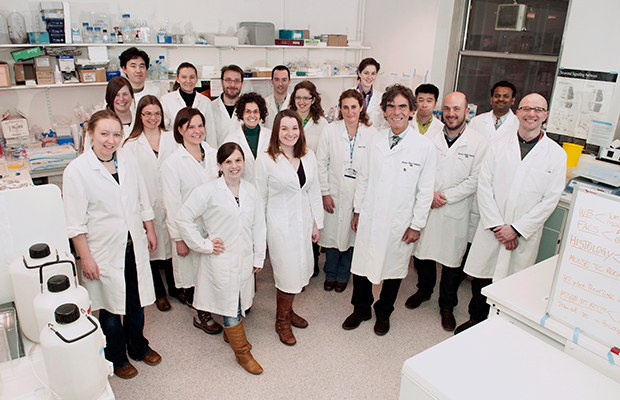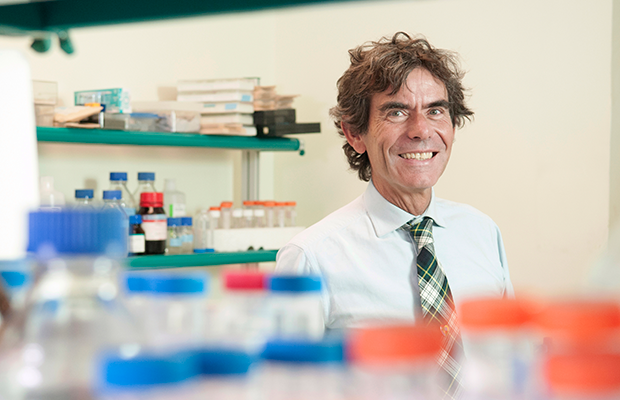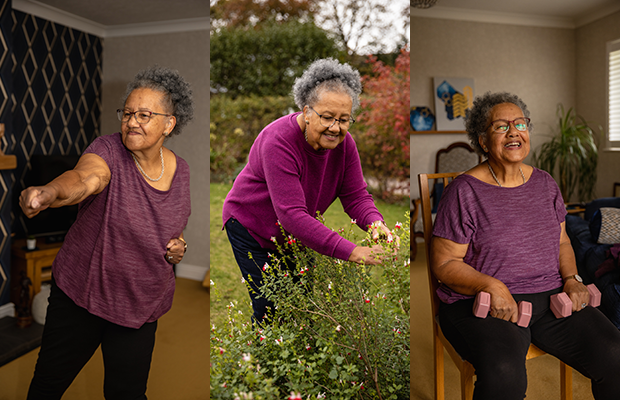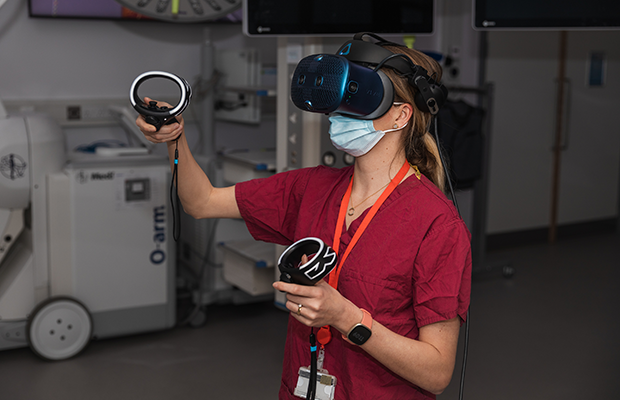How does the heart change with age?
Each day, your heart beats around 100,000 times, continuously pumping about eight pints of blood around your body. By the time you are 20, the heart’s function can begin to decline as part of normal ageing. As you get older, activities like running or playing tennis can become more difficult.
However, some 100-year-olds, like those living in Okinawa, a cluster of islands in southern Japan, appear to have unlocked the secret to a long and healthy life, with some of them seemingly having a heart younger than their age.
We have discovered that one of these good genes can slow down ageing
“It’s a combination of a good lifestyle and good genes,” explains Professor Paolo Madeddu at the University of Bristol. “And we have discovered that one of these good genes can slow down ageing.”
In humans, ageing can affect many parts of the body, including weakening the heart and circulatory system. For example, heart failure can occur, which is a serious and sometimes disabling condition with no cure other than a heart transplant. Scientists are now beginning to understand how some natural variations in our genes might protect against heart diseases linked to ageing, such as heart failure.
Want to get fit and healthy?
Sign up to our fortnightly Heart Matters newsletter to receive healthy recipes, new activity ideas, and expert tips for managing your health. Joining is free and takes two minutes.
I’d like to sign-up
The gene that can delay ageing

Most genes contain instructions for the production of a specific protein that does one or more jobs in the body. A gene variant is a permanent change in the DNA of a gene, which can affect the protein it produces.
Professor Madeddu and the MultiMedica Group in Italy have discovered that a naturally occurring variant of the BPIFB4 gene, which is more common in people who live to 95 or more, could help keep the heart young.
This variant is associated with long life, helping protect against atherosclerosis (build-up of fatty material inside your arteries) and high blood pressure. The team have already learned that delivering this gene variant to old mice helped with high blood pressure and increased the amount of blood sent to the muscles.
Professor Madeddu and his team in Bristol have received more than £172,000 of funding from British Heart Foundation for this study. They have already tested (in mice) delivering the variant via gene therapy injections. In gene therapy, the gene is often inserted into a harmless virus, which can take the gene inside the cells where it is needed.
But the immune system may limit the effects of gene therapy over time, building up antibodies that stop future injections working properly. So instead, the new research is using the protein produced by the gene variant, without the gene variant itself, or the use of a virus. This protein can be taken as a tablet every three days, and the hope is that its effects will last longer than those of gene therapy.
I hope that the results of my work can make a difference to the lives of many patients
Professor Madeddu and his team will test this in mice. If it succeeds, they hope to run a clinical trial in humans.
“The study will show if this approach could work. More studies are needed to show it is safe – it’s a human protein and not a [new] drug, which is encouraging. But producing a lot of protein is extremely expensive, and we’ll need investors or an industry partner in the future.”
- Watch Professor Madeddu discuss in-depth how his team has discovered an anti-ageing gene:
Helping older hearts

Professor Madeddu has been interested in the heart since medical school.
“Research takes a lot of determination. I hope the results of my work can make a difference to the lives of many patients.”
More than 12 million people in the UK are over 65. Life expectancy had been rising for decades but increases have slowed since 2010, and life expectancy has fallen since the Covid-19 pandemic.
Professor Madeddu’s research aims to help older adults stay healthy and independent for longer.
“There is no current treatment to stop the heart’s ageing, and the drugs we use can cause side effects in seniors,” explains Professor Madeddu. “We hope that giving older people a protein that’s present in healthy people over 100 helps their hearts work better for longer. We want to increase health rather than combat disease. If we can delay ageing of the heart, we may be able to prevent serious disease in older people.”
Support our groundbreaking science
Your donations help fund our lifesaving research. To support more groundbreaking science, like Professor Madeddu’s, donate to the BHF today.
Make a donation
What to read next...











